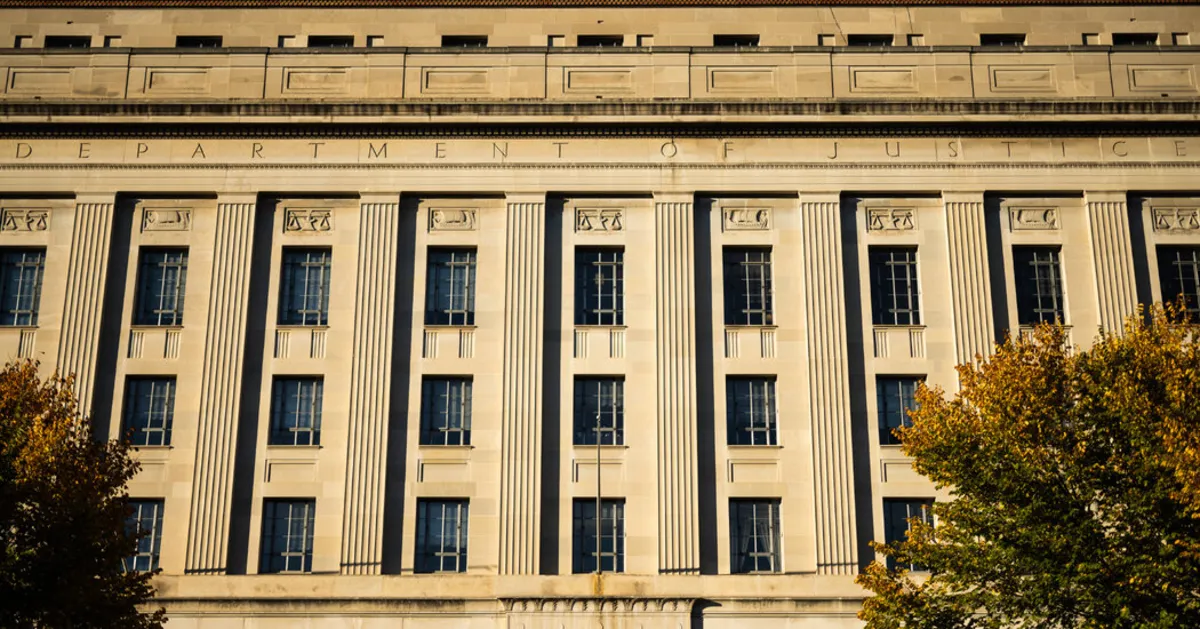
In a surprising turn of events, the Trump administration announced on Friday that it would reverse its decision to cancel over 1,500 student visas held by international students. This significant shift came during a court hearing in Washington, where Joseph F. Carilli, a lawyer from the Justice Department, revealed that Immigration and Customs Enforcement (ICE) was developing a new system for reviewing and potentially terminating student visas. Until this system is fully operational, officials stated that no further changes or revocations would occur.
The abrupt cancellation of student visas had sparked a wave of individual lawsuits from affected students. Many of these students reported receiving notifications that their legal right to study in the United States was revoked, often without clear explanations. In some instances, students faced revocations due to minor infractions, such as documented traffic violations, while in other cases, there seemed to be no discernible reason for the visa terminations.
The extent of the impact on student visa holders remains uncertain, as many students typically have a grace period of a few weeks before they must exit the country. However, the Trump administration's actions created an environment of fear and uncertainty among international students, many of whom felt threatened with detention and deportation. A few students, including a graduate student from Cornell University, chose to leave the country voluntarily instead of continuing their legal battles.
In March, the administration had initiated visa cancellations and deportation proceedings against several students involved in protests against Israel, which coincided with a wave of campus demonstrations related to the conflict in Gaza. While federal judges intervened to halt some of these revocations, hundreds of students, particularly from India and China, recently learned that their visas had been revoked, leading to widespread panic among students and academics. Many were left in a precarious position regarding their ability to finish their degrees or conduct vital graduate research.
During the court hearing, Mr. Carilli indicated that the government would seek to incorporate this policy change into ongoing lawsuits, which could offer relief to students who have already initiated legal action to have their visas reinstated. This development could allow them to remain in the U.S. through their graduation ceremonies scheduled for spring. Additionally, other lawsuits, including a potential class action lawsuit in New England, are in progress, aiming to prevent the administration from executing further visa cancellations.
The situation remains fluid, and many international students continue to anxiously await clarity on their visa status and the future of their educational pursuits in the United States.